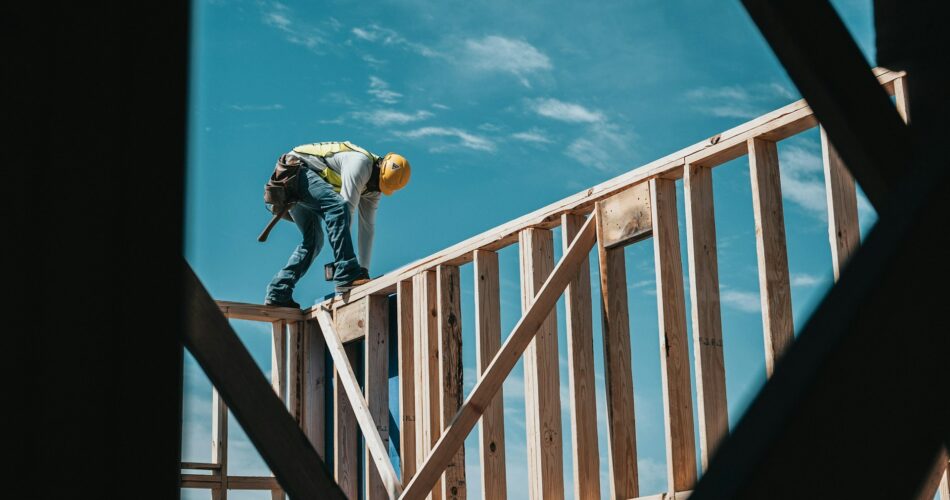They jumped every hurdle.
Local authorities in East Borneo, Indonesia, have denied a church construction permit to the Toraja Christian Church in Samarinda, despite the congregation fulfilling all legal and administrative requirements. According to the Indonesian Movement for All (PIS), the church has pursued the permit for over a decade, gathering approvals from local residents, village leaders, and even obtaining a formal recommendation from the local Interfaith Forum. Yet, the Samarinda Ministry of Religious Affairs has withheld a critical letter of recommendation needed to finalize the process.
Hendra Kusuma, head of the East Kalimantan Alliance for Advocacy for Freedom of Religion and Belief, criticized the decision, stating that officials appear to be more concerned about backlash from intolerant religious groups than upholding constitutional freedoms. He argued that the state’s failure to enforce its own laws has left church members in limbo and officials reluctant to act. Despite multiple appeals and outreach efforts to the authorities, no decisive action has been taken, with blame often passed around among various offices.
Elizabeth, a member of the church, voiced disappointment over what she sees as a violation of the congregation’s basic rights. She emphasized that every citizen is entitled to worship according to their faith and questioned why it was so difficult to secure approval for a place of worship. An official from the Religious Affairs office, identified as Rahmi, acknowledged that resistance from some community members was influencing the delay, particularly during the holy month of Ramadan, as authorities seek to avoid potential conflict.
Hendra noted that under Indonesian law, the Religious Affairs Ministry is required to issue a recommendation within 30 days of the Interfaith Forum’s approval. The continued delay, he argues, represents a failure of the legal process. Suggestions to relocate the church were raised but firmly rejected by church members, who cited legal ownership of the current site. Legal experts, including attorney Peter Selestinus, condemned the government’s actions as unconstitutional and discriminatory, stating that the case violates the 1945 Constitution, which guarantees religious freedom for all citizens.
Critics suggest that the broader climate in Indonesia has grown increasingly conservative, with Christian communities, especially those involved in outreach, facing greater scrutiny and resistance. Advocacy groups and human rights organizations continue to call on the government to uphold constitutional guarantees of religious freedom and ensure fair treatment for all faith groups, regardless of majority sentiment.
